$WTI $BRENT #OilMarket #IndianEconomy #RussianOil #CrudeOil #Geopolitics #EnergyTransition #EnergyPrices #IndiaNews #GlobalTrade #FuelPrices #MarketTrends
How Is India Profiting from the Surge in Russian Oil Supply?
In the latest developments in international energy dynamics, India stands to benefit significantly from the influx of discounted Russian crude oil. As reported in recent *india news*, Ukrainian drone attacks have diminished the refining capabilities in Russia, leading to an increased availability of crude oil for Indian refiners. This shift has allowed India to capitalize on a unique opportunity to secure cheaper energy resources amidst geopolitical tensions.
Since the onset of the Russian invasion of Ukraine, India has strategically turned to discounted Russian oil, which has been largely banned in the West. This move has not only helped India mitigate its crude import expenses but has also positioned the nation as the second-largest buyer of Russian oil, following China. The implications of this relationship are profound, as India’s refiners ramp up their crude purchases, thus reshaping the global oil marketplace.
The Economic Landscape of Indian Oil Imports
The surge in Russian oil availability can be attributed to several factors. First, the ongoing conflict in Ukraine has forced Russia to adapt its production and export strategies. As a result, Indian refiners have seized the opportunity to procure oil at lower prices, effectively reducing their overall import bills. This trend has been reinforced by the broader shifts in global oil supply and demand dynamics, where India is emerging as a key player.
Moreover, the Indian government has actively encouraged this pivot towards Russian crude. By doing so, it aims to stabilize domestic fuel prices and ensure energy security. The increasing reliance on Russian oil also highlights India’s strategic maneuvering in the international arena, as it seeks to balance its energy needs with geopolitical considerations.
Geopolitical Implications and Trade Strategies
As India solidifies its position as a major importer of Russian oil, the geopolitical ramifications are noteworthy. The country’s growing energy ties with Russia may influence its diplomatic relationships with Western nations, particularly as they navigate the complexities of sanctions and trade negotiations. Furthermore, the U.S. administration’s stance on these developments will be critical, particularly as it grapples with its own energy policy and international trade agreements.
In this context, India’s strategy appears to be a calculated move to leverage its purchasing power in the global oil market while mitigating the risks associated with fluctuating energy prices. By securing a steady supply of Russian crude, India not only addresses immediate energy needs but also positions itself for future economic growth.
Conclusion: The Future of India’s Energy Strategy
Looking ahead, India’s increasing reliance on Russian oil signals a significant shift in its energy strategy. While the immediate benefits are clear—reduced import costs and enhanced energy security—the long-term implications will depend on how geopolitical tensions evolve. As the global energy landscape continues to fluctuate, India must navigate these complexities carefully.
For those interested in understanding the intersection of energy markets and broader economic trends, staying informed is crucial. Explore more about stock opportunities related to energy at this link. Additionally, if you’re looking to dive deeper into the evolving financial landscape, consider checking out this platform for insights on trading strategies and market dynamics.
Ultimately, India’s approach to Russian oil reflects a broader strategy of adaptability and resilience in the face of global challenges. As the situation unfolds, the world will be watching closely to see how this energy pivot shapes India’s economic future.
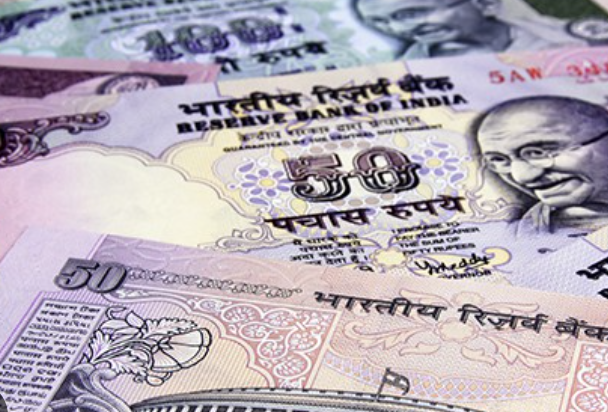
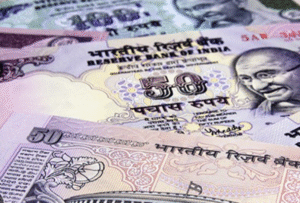


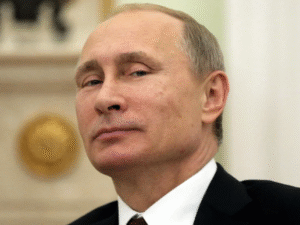
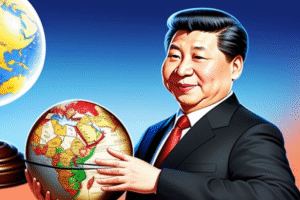
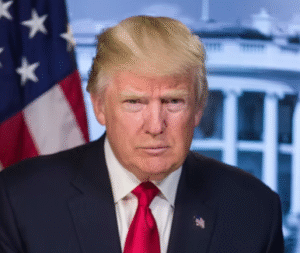




Comments are closed.